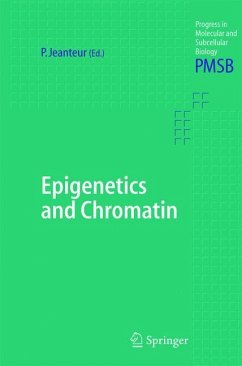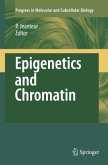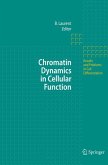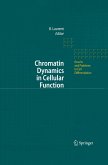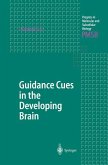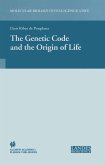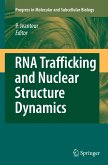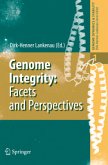Epigenetics refers to heritable patterns of gene expression which do not depend on alterations of genomic DNA sequence.
This book provides a state-of-the-art account of a few selected hot spots by scientists at the edge in this extremely active field. It puts special emphasis on two main streams of research. One is the role of post-translational modifications of proteins, mostly histones, on chromatin structure and accessibility. The other one deals with parental genomic imprinting, a process which allows to express a few selected genes from only one of the parental allele while extinguishing the other.
Hinweis: Dieser Artikel kann nur an eine deutsche Lieferadresse ausgeliefert werden.
This book provides a state-of-the-art account of a few selected hot spots by scientists at the edge in this extremely active field. It puts special emphasis on two main streams of research. One is the role of post-translational modifications of proteins, mostly histones, on chromatin structure and accessibility. The other one deals with parental genomic imprinting, a process which allows to express a few selected genes from only one of the parental allele while extinguishing the other.
Hinweis: Dieser Artikel kann nur an eine deutsche Lieferadresse ausgeliefert werden.
From the reviews:
"This book contains ten excellent chapters ... . Thoroughly covers a rapidly developing and expanding field. The different chapters are well written and provide clear, concise and informative views on the topic. Notably, each chapter ends with a conclusion describing current models and future challenges in epigenetics. ... both the expert and the novice will find this book a valuable source of information on the various epigenetic phenomena." (Frank Sauer, Nature Cell Biology, Vol. 7 (10), October, 2005)
"Professor Philippe Jeanteur, who is one of the editors of this PMSB Springer series, coordinated a well reknown group of scientists working on epigenetics to provide us with an updated collection of papers treating epigenetic phenomena in Mammals, insects and plants. Well done: careful presentations, well illustrated and rich in bibliography, this book is a must for those interested in epigenetics." (Carlo Alberto Redi, European Journal of Histochemistry, Vol. 49 (4), 2005)
"This book contains ten excellent chapters ... . Thoroughly covers a rapidly developing and expanding field. The different chapters are well written and provide clear, concise and informative views on the topic. Notably, each chapter ends with a conclusion describing current models and future challenges in epigenetics. ... both the expert and the novice will find this book a valuable source of information on the various epigenetic phenomena." (Frank Sauer, Nature Cell Biology, Vol. 7 (10), October, 2005)
"Professor Philippe Jeanteur, who is one of the editors of this PMSB Springer series, coordinated a well reknown group of scientists working on epigenetics to provide us with an updated collection of papers treating epigenetic phenomena in Mammals, insects and plants. Well done: careful presentations, well illustrated and rich in bibliography, this book is a must for those interested in epigenetics." (Carlo Alberto Redi, European Journal of Histochemistry, Vol. 49 (4), 2005)

